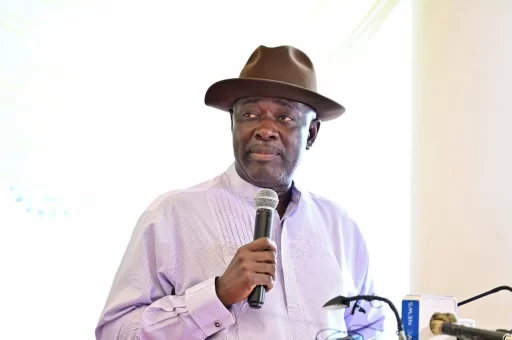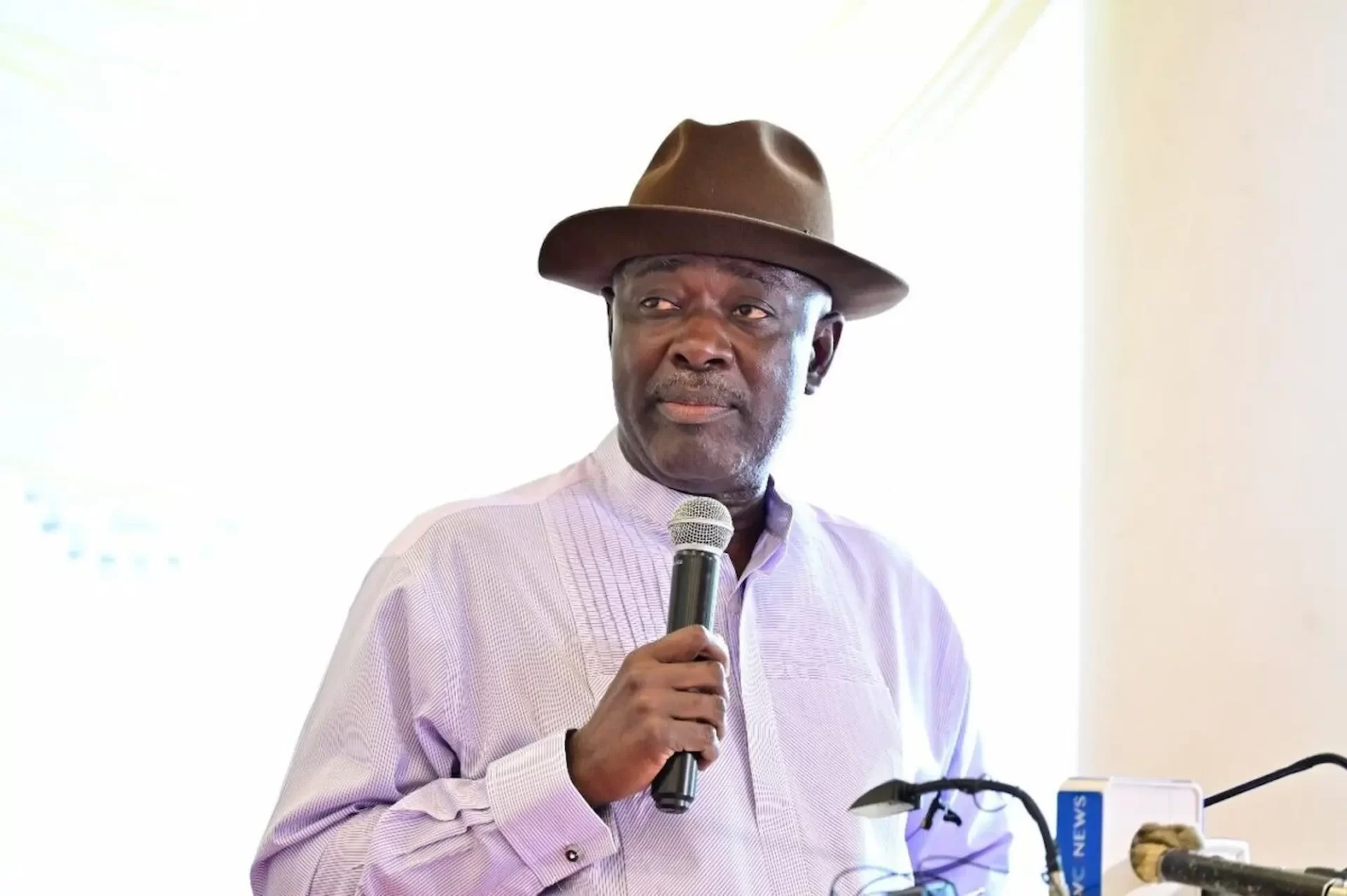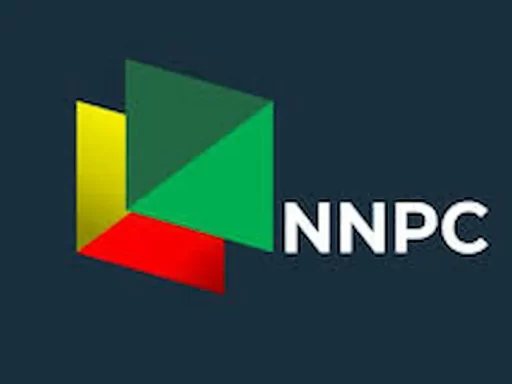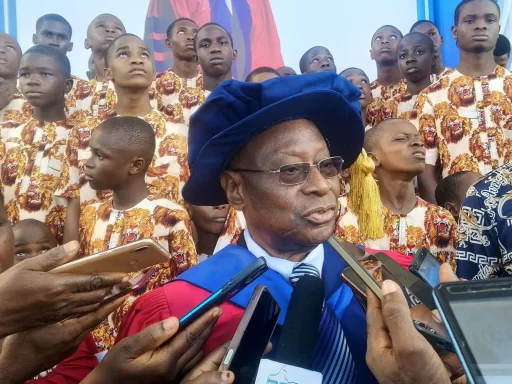Dangote Refinery Expansion To Serve Africa’s 1.5 Billion Population — Lokpobiri
By Naija Enquirer Staff
The Minister of State for Petroleum Resources (Oil), Senator Heineken Lokpobiri, has affirmed the Federal Government’s support to ensure the success of the ongoing expansion of the Dangote Refinery.
Lokpobiri stated that the government would provide full backing for the refinery’s plan to increase production capacity from 650,000 barrels per day (bpd) to 1.4 million bpd a move he said will help meet the energy needs of Nigeria and the wider African continent.
Speaking at the OTL Africa Downstream Energy Week in Lagos, the Minister noted that Africa’s population of about 1.5 billion people provides a ready-made market for refined petroleum products and other energy derivatives.
“The Dangote Refinery’s expansion to 1.4 million barrels per day is part of the effort to serve West Africa and the entire continent,” he said. “The Federal Government will fully support Dangote to achieve this. That is one of the reasons petrol subsidy was removed. With subsidy in place, the private sector cannot grow.”
He emphasized that deregulation and privatization were essential for sustainable growth in Nigeria’s downstream and midstream sectors. According to him, the removal of fuel subsidies has allowed the government to redirect funds — over ₦2 trillion annually — to more productive national development initiatives.
Lokpobiri added that the subsidy regime had previously subsidized fuel consumption across the West African sub-region, rather than benefiting Nigerians directly.
Africa at a Defining Energy Moment
Also speaking, Otunba Adetunji Oyebanji, Chairman of the Advisory Board of OTL Africa Downstream Energy Week, highlighted Africa’s critical point in its energy evolution, citing industrial growth and population expansion as major drivers of rising demand.
“Nigeria, as Africa’s largest energy producer and consumer, occupies a central position in this transformation,” Oyebanji said. “The deregulation of the downstream petroleum sector, the renewed commitment to gas commercialization, and the focus on infrastructure development have laid a foundation for long-term growth.”
He called for sustained policy consistency, institutional stability, and innovation to deepen the gains achieved so far.
NNPCL Renews Commitment to Infrastructure Development
Similarly, the Nigerian National Petroleum Company Limited (NNPCL) reaffirmed its commitment to developing and revamping downstream infrastructure across the country to foster efficiency and collaboration in the oil and gas sector.
Group Chief Executive Officer, Engr. Bayo Ojulari, stated that NNPCL is deploying additional infrastructure across the value chain while rehabilitating existing downstream assets nationwide. These facilities, he said, would remain accessible to partners for product storage and transportation to enhance operational synergy.
Ojulari highlighted that recent reforms, including fiscal incentives and transparent regulatory frameworks under the Petroleum Industry Act (PIA), have created new opportunities for growth, particularly in emerging sectors such as Liquefied Petroleum Gas (LPG), Compressed Natural Gas (CNG), and mini-LNG projects.
“We must redefine our energy systems in ways that are both profitable and sustainable,” Ojulari said. “It is time to forge cross-sector partnerships and explore innovative models that support decarbonization while driving economic value.”
As Nigeria deepens its downstream reforms, the combined efforts of government and private sector players like Dangote and NNPCL are expected to strengthen the nation’s position as a leading energy hub for Africa’s growing population.







